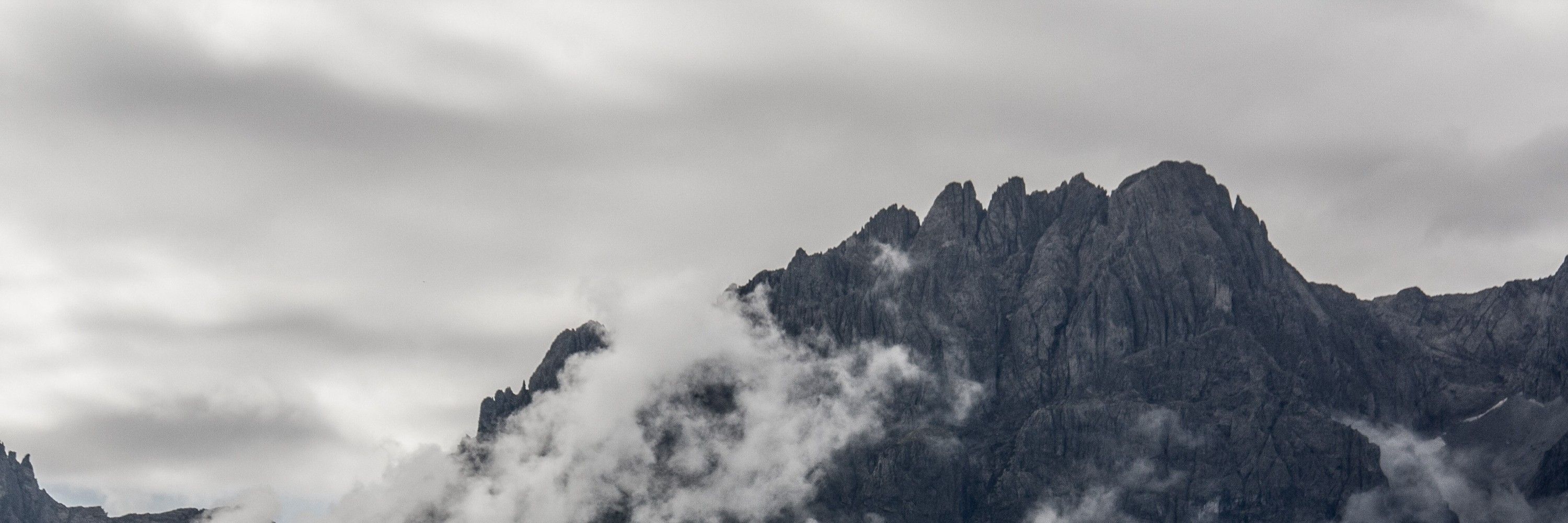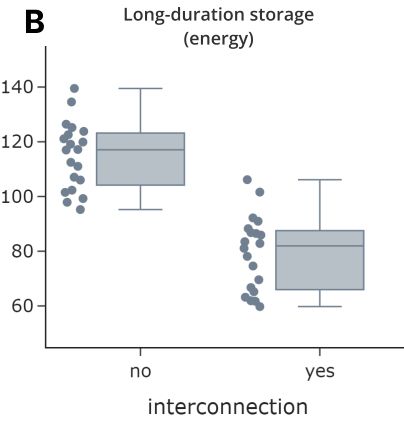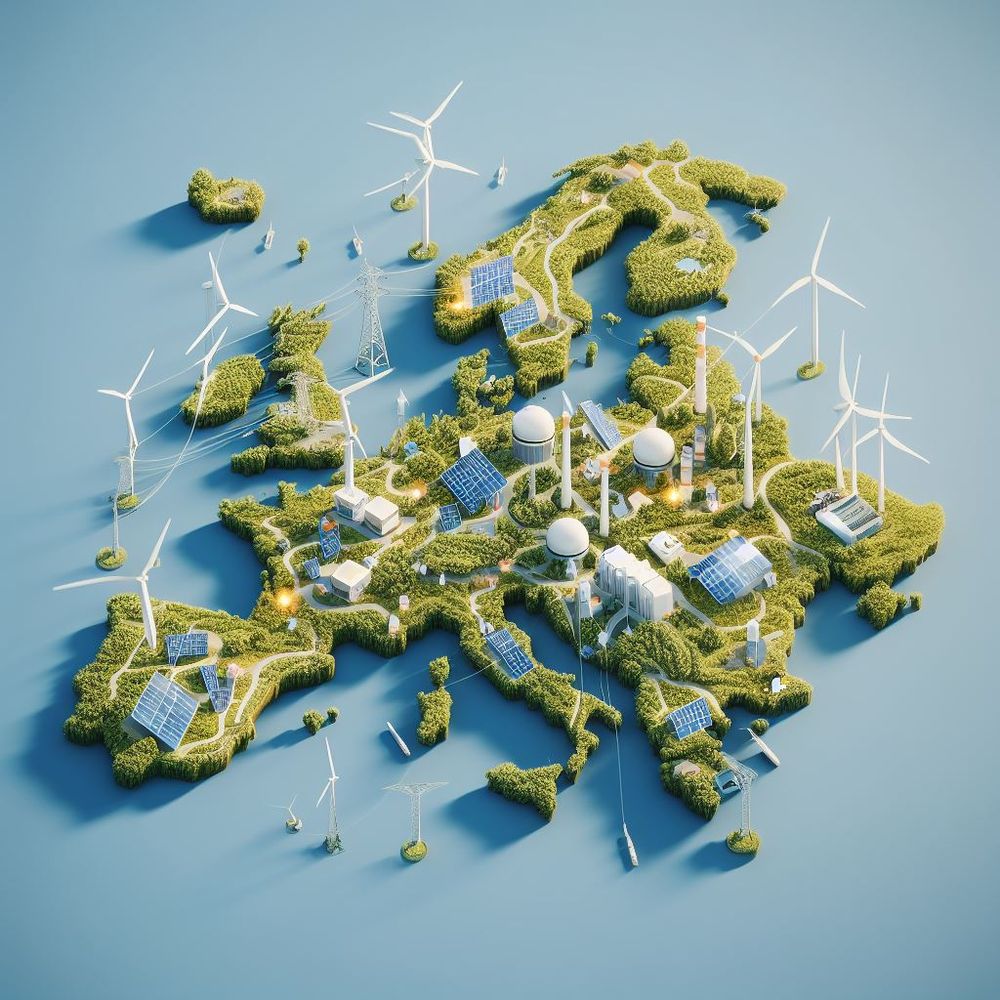
▶️ Flexible heat pumps with thermal storage can provide valuable flexibility to the heating sector.
▶️ They can reduce the need to build other flexible power plants or storage.

▶️ Flexible heat pumps with thermal storage can provide valuable flexibility to the heating sector.
▶️ They can reduce the need to build other flexible power plants or storage.
* A heat pump rollout pairs best with wind power but can also work with solar PV and other technologies.
* Small (<2h) heat storage is economically viable, while larger ones are too costly and better suited for heating grids than private households.

* A heat pump rollout pairs best with wind power but can also work with solar PV and other technologies.
* Small (<2h) heat storage is economically viable, while larger ones are too costly and better suited for heating grids than private households.
We estimate that annual household CO2 emissions could be reduced by
~ 18% (~14 mil. tons) for 6 million heat pumps
~ 51% 🤯 (~41 mil. tons) for 10 million heat pumps.

We estimate that annual household CO2 emissions could be reduced by
~ 18% (~14 mil. tons) for 6 million heat pumps
~ 51% 🤯 (~41 mil. tons) for 10 million heat pumps.

1️⃣ If equipped with a small heat thermal storage, heat pumps can store hot water for a few hours. By doing so, they can significantly reduce their peak demand and thus reduce the need for, e.g., batteries or gas-fired power plants.

1️⃣ If equipped with a small heat thermal storage, heat pumps can store hot water for a few hours. By doing so, they can significantly reduce their peak demand and thus reduce the need for, e.g., batteries or gas-fired power plants.
11/

11/
It's mainly wind power: differences in profiles explain around 80% of the drop in storage energy and power.
9/

It's mainly wind power: differences in profiles explain around 80% of the drop in storage energy and power.
9/
6/

6/
Electricity storage and interconnection to the rescue! But how do these two interact?
🧵 Get ready for some energy modelling content!
1/

Electricity storage and interconnection to the rescue! But how do these two interact?
🧵 Get ready for some energy modelling content!
1/

Will this year be the same? Given that prices are lower and the urgency to save gas has somewhat diminshed, we might see fewer savings?
4/n

Will this year be the same? Given that prices are lower and the urgency to save gas has somewhat diminshed, we might see fewer savings?
4/n
Savings compared to 18-21:
↘ Overall : 15,5%
↘ Behavioral: 13.7%
➡ Weather: 1.8%
The winter was neither cold, nor warm. One cold week in December diminished a big part of the weather savings.
3/n

Savings compared to 18-21:
↘ Overall : 15,5%
↘ Behavioral: 13.7%
➡ Weather: 1.8%
The winter was neither cold, nor warm. One cold week in December diminished a big part of the weather savings.
3/n
However, the autumn weeks are not so relevant for overall gas consumption. Relevant are the cold winter weeks!
2/n

However, the autumn weeks are not so relevant for overall gas consumption. Relevant are the cold winter weeks!
2/n
After Russia reduced drastically its supplies to Europe, savings are central to avoid a gas-shortage in Germany. So, how much did we save last year and where are we now?
All figures from openenergytracker.org/en/docs/germ...
A 🧵
1/n

After Russia reduced drastically its supplies to Europe, savings are central to avoid a gas-shortage in Germany. So, how much did we save last year and where are we now?
All figures from openenergytracker.org/en/docs/germ...
A 🧵
1/n
Source: www.reddit.com/r/europe/com...

Source: www.reddit.com/r/europe/com...
And feel free to check out some of my projects:
📈 Open Energy Tracker (openenergytracker.org) [EN,DE,FR]
🎧 Podcast "fossilfrei" [DE] (www.diw.de/fossilfrei)
Both jointly created the great @wpschill.bsky.social.

And feel free to check out some of my projects:
📈 Open Energy Tracker (openenergytracker.org) [EN,DE,FR]
🎧 Podcast "fossilfrei" [DE] (www.diw.de/fossilfrei)
Both jointly created the great @wpschill.bsky.social.


